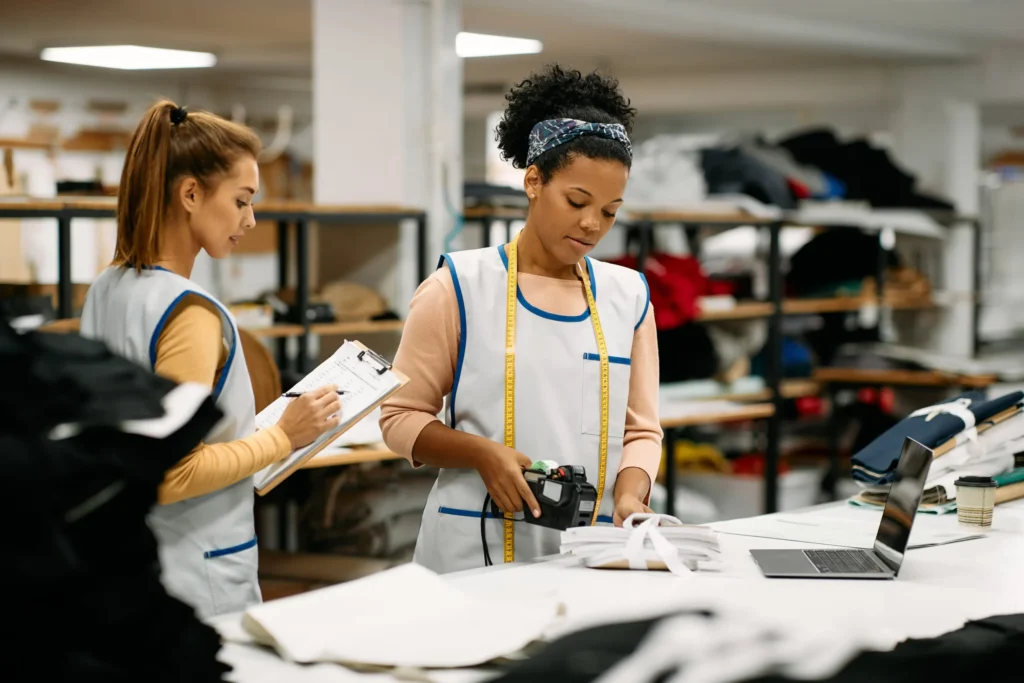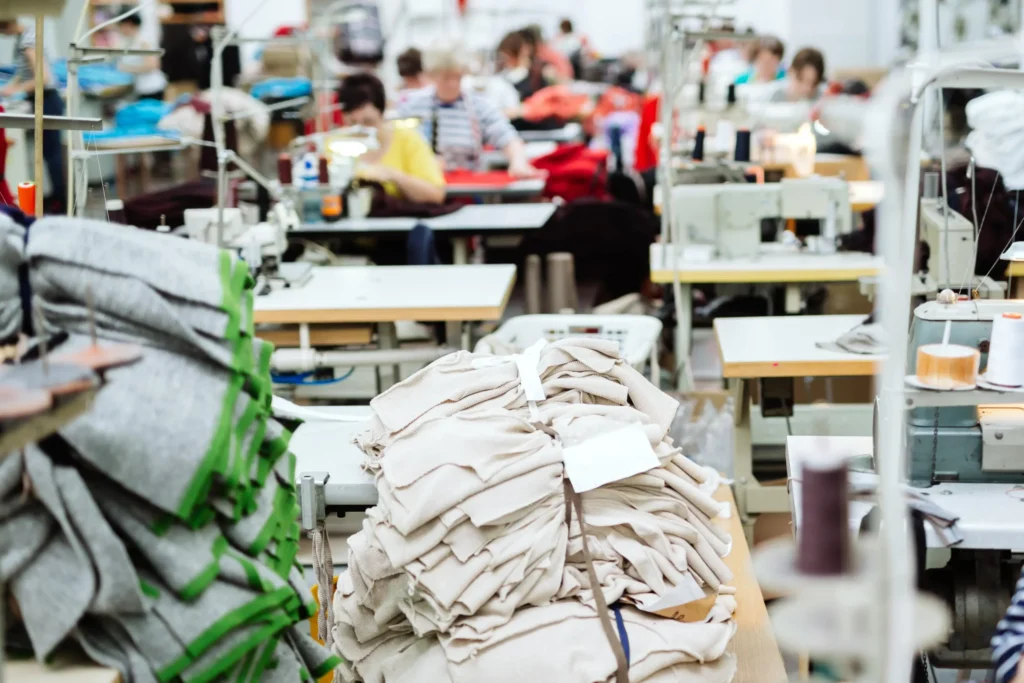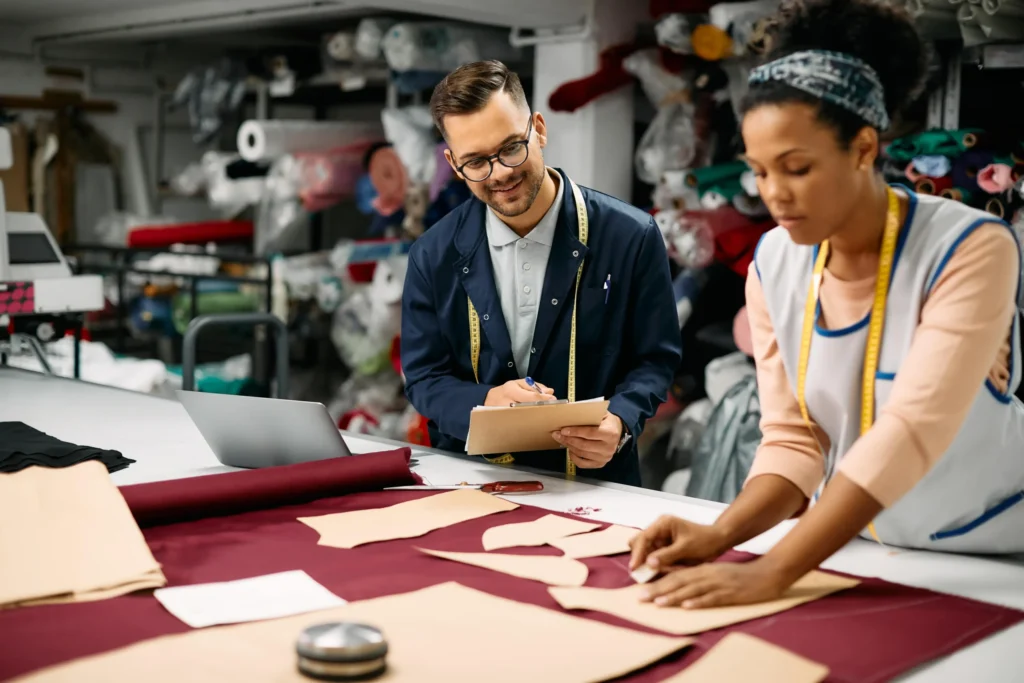What is Small-Batch Manufacturing?
Small-batch manufacturing means producing a limited number of items at a time. This method is ideal for testing new designs without making many products. It’s an excellent option for startups or small brands that want manufacturing offers flexibility and control over their designs.
Why Should You Use a Clothing Manufacturer?
Using a custom clothing manufacturer helps you turn your designs into actual products. They handle the production process, saving time and effort. Producing in smaller batches for new brands can facilitate better product development and market testing. Small-batch production is brilliant because it keeps costs low and gives you more control over quality.
Where Should You Look for a Clothing Manufacturer?
You can find a clothing manufacturer online, through referrals, or by attending trade shows. It’s essential to look for one with experience in small-scale manufacturing practices. Small-batch production if you’re a small brand that values the benefits of the limited output. Startup. Check if they offer customization options and have a solid reputation for quality control.
How Does Small-Batch Manufacturing Work?
In small-batch manufacturing, you create a limited number of items at once. This allows for testing designs, ensuring quality, and adjusting based on customer feedback. It’s an efficient way to produce without the significant upfront costs of mass production.
What Are the Benefits of Small-Batch Manufacturing?
The main benefits of small-batch manufacturing are flexibility, better quality control, and the ability to produce fewer items. It’s perfect for businesses that need to adapt quickly to market demands while maintaining quality. fashion brands that want to test products without taking big risks in a limited production environment. It also helps reduce waste and overproduction.
How Does Small-Batch Manufacturing Help My Clothing Brand?
Small-batch production is ideal for businesses that need flexibility and customization in their product development. Helps your brand by reducing financial risk. You can produce a small number of clothes and see how they sell before committing to larger runs, which is a key advantage of limited production. It gives you more control over the production process and ensures high-quality products.
Can I Customize My Clothing Designs in Small-Batch Production?
Yes, small-batch production allows for more personalized and sustainable choices. For greater sustainability, small-batch manufacturers offer more customization options, including limited production runs. Whether fabric choices, colors, or other design features, a small batch makes your products unique and tailored to your brand. This is a great way to stand out and create unique items for your customers, ensuring that your products are made carefully.
Is Small-Batch Manufacturing Cost-Effective?
Although the cost per unit may be higher, small-batch production Mass production is still a viable option for scaling up production. Still, it often lacks the personal touch of small-batch methods. Cost-effective for small businesses. You avoid the high upfront costs of mass production and only make what you need. This keeps your inventory lean and reduces the risk of excess stock.
What Is the Difference Between Small-Batch Manufacturing and Mass Production?
Small-batch production involves making fewer items with more attention to detail. It’s flexible and perfect for testing new designs. Mass production can leverage economies of scale but may not suit every brand’s needs. Makes large quantities simultaneously, offering lower costs per item but less flexibility and potential quality issues.



